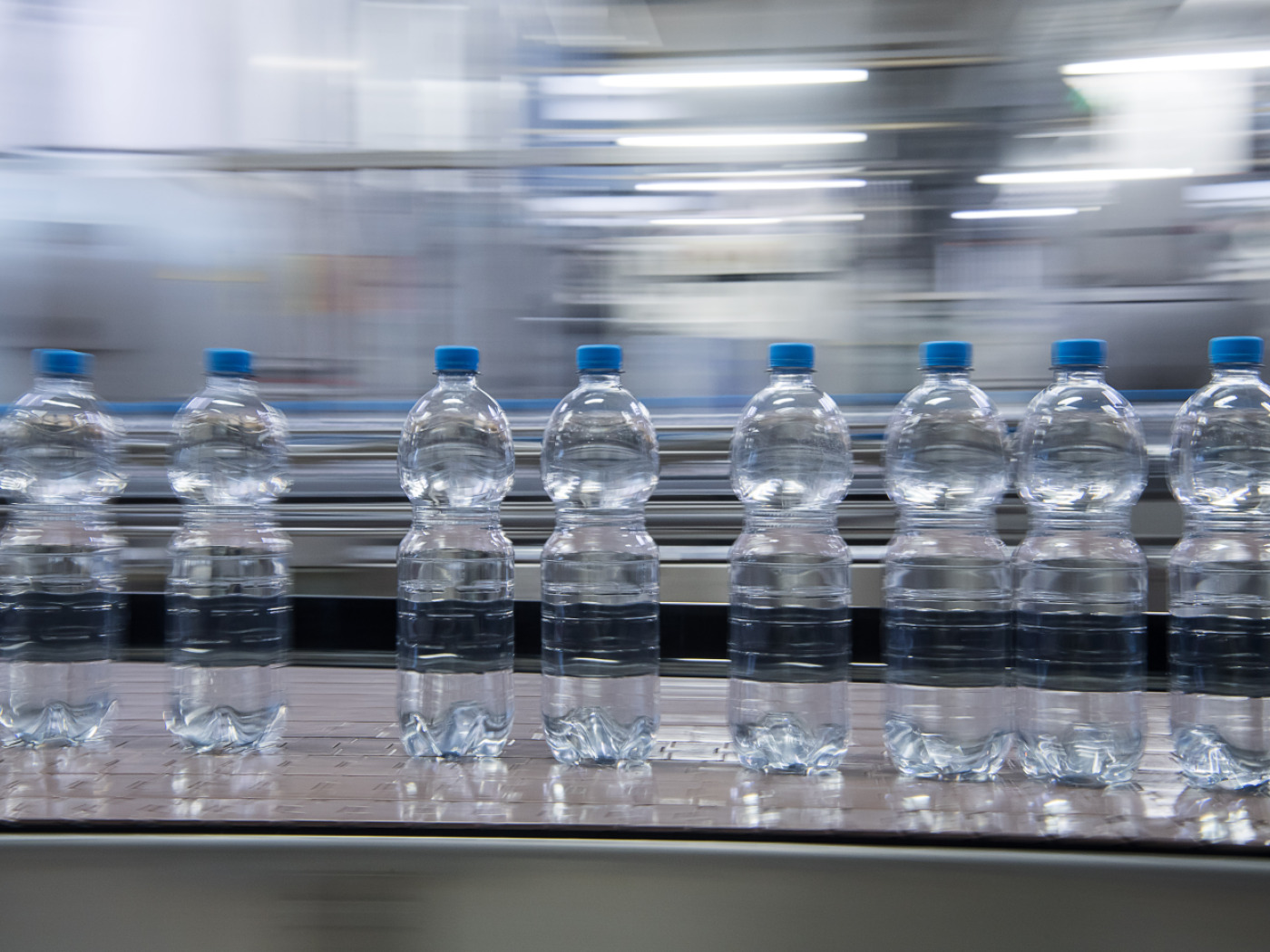
Nestlé water scandal: French state accused of cover-up

In the scandal surrounding the illegal treatment of mineral water in France, a report by the French Senate has made serious accusations against the state. It says there was a cover-up of unauthorised practices by Swiss food giant Nestlé.
+Get the most important news from Switzerland in your inbox
On the one hand, the report criticises Nestlé’s “lack of transparency”. “It went badly,” said Commission rapporteur Alexandre Ouizille to the media regarding the hearings of the company’s top management. On Monday he spoke of a “refusal to answer” on the part of the company management.
The report also criticises the state’s behaviour towards the authorities and the public. Almost four years after the initial revelations, there is still no complete clarification. The committee was set up in November 2024 after investigations by several media outlets uncovered illegal water treatment.
The story has been dragging on for years. During the investigation, Nestlé admitted that it had discovered at the end of 2020 that prohibited processes were being used at the Perrier, Hépar and Contrex sites. In mid-2021, the company approached the government and the president.
Eighteen months later, the authorities approved a plan to replace the banned methods with a controversial microfiltration process. According to experts, however, this could change the properties of natural mineral water – which is not permitted under EU law.
Despite the obvious deception of consumers, there were no legal consequences, according to the report. The balance of power between the state and industry is also criticised: Nestlé made the approval of microfiltration a condition for the end of illegal practices. Ultimately the state agreed at the highest level.
The report states that the Elysée Palace, the residence of the French president, was closely involved in the case and had been aware of the unauthorised methods since 2022. Alexis Kohler, Secretary General of the President, personally received Nestlé representatives. President Emmanuel Macron denied any knowledge of this in February.
+ Nestlé Waters scandal: Élysée Palace ‘knew of misconduct’
Nestlé was able to continue marketing the water under the profitable label “natural mineral water”. According to the report, there is still a lack of comprehensive monitoring at all production sites. Out of a total of 28 recommendations, the Commission particularly emphasises better control of water withdrawals, comprehensive quality monitoring of groundwater resources and improved labelling.
Nestlé regrets
Nestlé “takes note” of the results of the Senate report, the company said in a statement. The company emphasised the need for clear, standardised rules for the industry.
At the same time, the company criticised the sometimes “defamatory” accusations made against representatives and employees in the context of the investigation. The company reiterated its regret about earlier, now discontinued, irregular practices and assured that it would continue to cooperate fully with the judiciary.
At the same time, Nestlé referred to the safety of its products, which has been confirmed by government agencies and the Commission, and warned against political statements that fuelled uncertainty. According to the company, contacts with the authorities have always been conducted transparently and in accordance with the rules. Nestlé also emphasised its long-term commitment to protecting water resources, which was also highlighted in the report.
Perrier under observation
The Perrier brand is currently under observation: the authorisation to use the spring as “natural mineral water” is in question. State-commissioned hydrogeologists have already issued a negative judgement. The responsible prefecture wants to make a decision by August 7 and has asked Nestlé to stop microfiltration within two months. According to the authorities, this changes the microbial profile of the water, a violation of current regulations. Nestlé announced that it would propose alternative solutions.
The French market for mineral and spring water comprises around 104 locations, 11,000 jobs and an annual turnover of €3 billion (CHF2.8 billion). A government report had already revealed in 2022 that around 30% of water brands use unauthorised treatments.
Nestlé CEO expresses regret
In March, Nestlé CEO Laurent Freixe had to justify himself to the Senate. He expressed his regret to the committee. “On behalf of the Nestlé Group, I would once again like to express my deepest regret about this situation in the past, which was not in line with the values of our Group,” he said. Nestlé Waters had done everything in its power to put an end to the criticised practices, he said.
According to recent media reports, the company is now considering the sale of its water division. In November 2024, the company itself announced a review of its strategy for the water business, including partnerships.
Translated from German by DeepL/ts
How we work
We select the most relevant news for an international audience and use automatic translation tools such as DeepL to translate them into English. A journalist then reviews the translation for clarity and accuracy before publication. Providing you with automatically translated news gives us the time to write more in-depth articles. The news stories we select have been written and carefully fact-checked by an external editorial team from news agencies such as Bloomberg or Keystone.
Did you find this explanation helpful? Please fill out the short survey below to help us understand your needs.
Don’t miss your chance to make a difference! Take our survey and share your thoughts.

In compliance with the JTI standards
More: SWI swissinfo.ch certified by the Journalism Trust Initiative



























You can find an overview of ongoing debates with our journalists here . Please join us!
If you want to start a conversation about a topic raised in this article or want to report factual errors, email us at english@swissinfo.ch.